China bans Ramadan
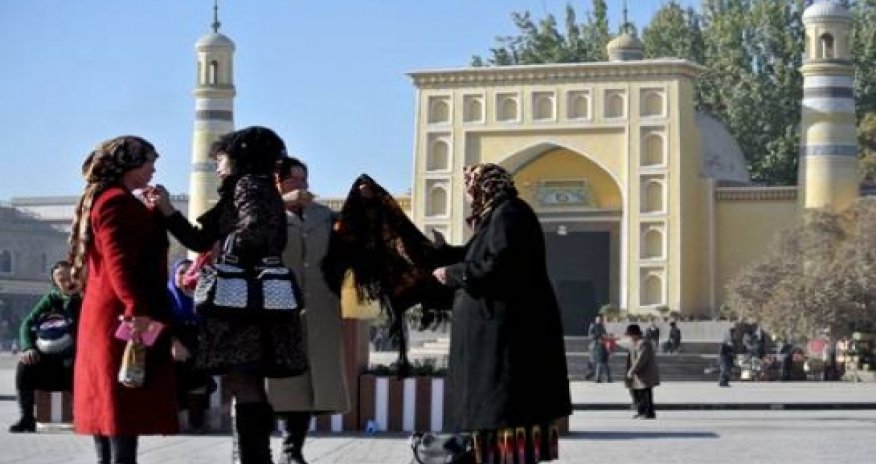
In a region where around 45 per cent of the population is Muslim, a series of notices issued by schools and government departments have “strictly forbidden” anyone from taking part in fasting, and some have even been banned from performing their daily prayers in mosques.Notices said the bans were designed to prevent the use of schools and government offices to “promote religion”, while local political organisations have been reminded of the ruling party’s officially atheist stance.But the decision to ban Ramadan is particularly controversial for Xinjiang, coming amid an extensive security crackdown on the minority Uighur Muslim population.Authorities have blamed separatist Uighurs for a string of recent terror attacks on civilian crowds and government institutions, but the group denies involvement and activists have accused Beijing of exaggerating the threat as an excuse to impose restrictions.On Tuesday, authorities in some communities in Xinjiang held celebrations of the anniversary of the founding of the Communist Party and provided free food as a test of whether Muslim guests were fasting, according to Dilxat Raxit, a Germany-based spokesman for the rights group World Uyghur Congress.Raxit said: “This will lead to more conflicts if China uses coercive measures to rule and to challenge Uighur beliefs.”Similar bans have been imposed in the past on fasting for Ramadan, which began at sundown Saturday, but never with the backdrop of such a fragile security situation.“No teacher can participate in religious activities, instil religious thoughts in students or coerce students into religious activities,” said one statement on the website of the No. 3 Grade School in Ruoqiang County in Xinjiang.It went on: “Students shall not participate in religious activities; they shall not study scripts or read poems at script and choir classes; they shall not wear any religious emblems; and no parent or others can force students to have religious beliefs or partake in religious activities.”Government-run news organisations have also been involved, with a Yili-based news site running articles saying fasting is detrimental to the physical wellbeing of young students, who should eat regularly.In the city of Bole, retired teachers from the Wutubulage Middle School were called in to stand guard at mosques and prevent students from entering, according to a statement on the municipal party committee website.The commercial bureau for Turpan, an oasis town in the Taklamakan Desert, said in a statement that civil servants are “strictly forbidden” to fast or perform the Salat prayer ritual in a mosque.The ruling party is wary of religious activities it worries might serve as a rallying point for opposition to one-party rule. Controls on worship are especially sensitive in Xinjiang and in neighboring Tibet, where religious faith plays a large role in local cultures.The ruling party says religion and education should be kept separate and students should not be subject to religious influences. That rule is rarely enforced for children of Han Chinese, who, if they have a religion, are mostly Buddhist, Daoist or Christian.(independent.co.uk)Bakudaily.az
























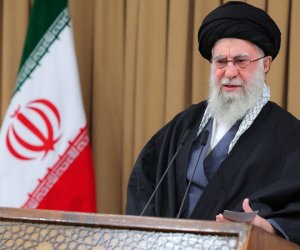

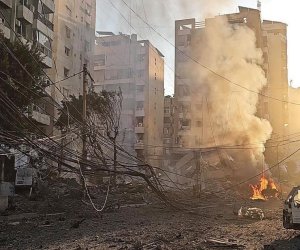
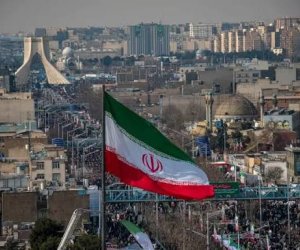
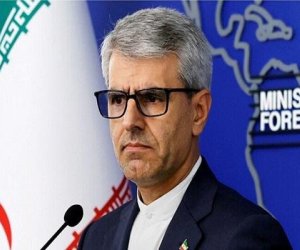


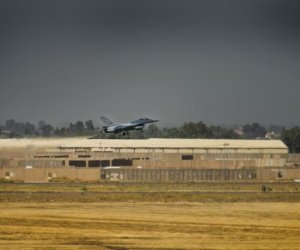




 Photo
Photo 



 Video
Video 

